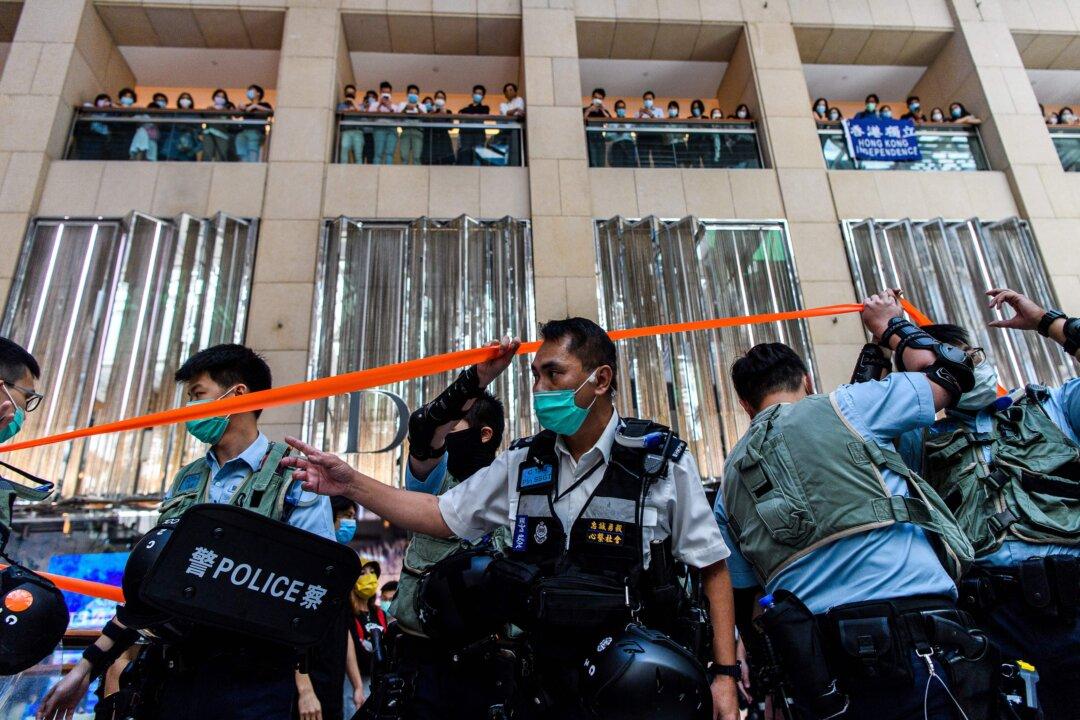Just an hour before July 1, the 23rd anniversary of the city’s transfer from British to Chinese rule, Hong Kong published the text of Beijing’s national security law, which stipulates that offenders, if convicted, could be imprisoned for life.
The law’s provisions fanned fears that the city, which was promised autonomy and freedoms upon its handover to China, would usher in a new era of authoritarian rule.





